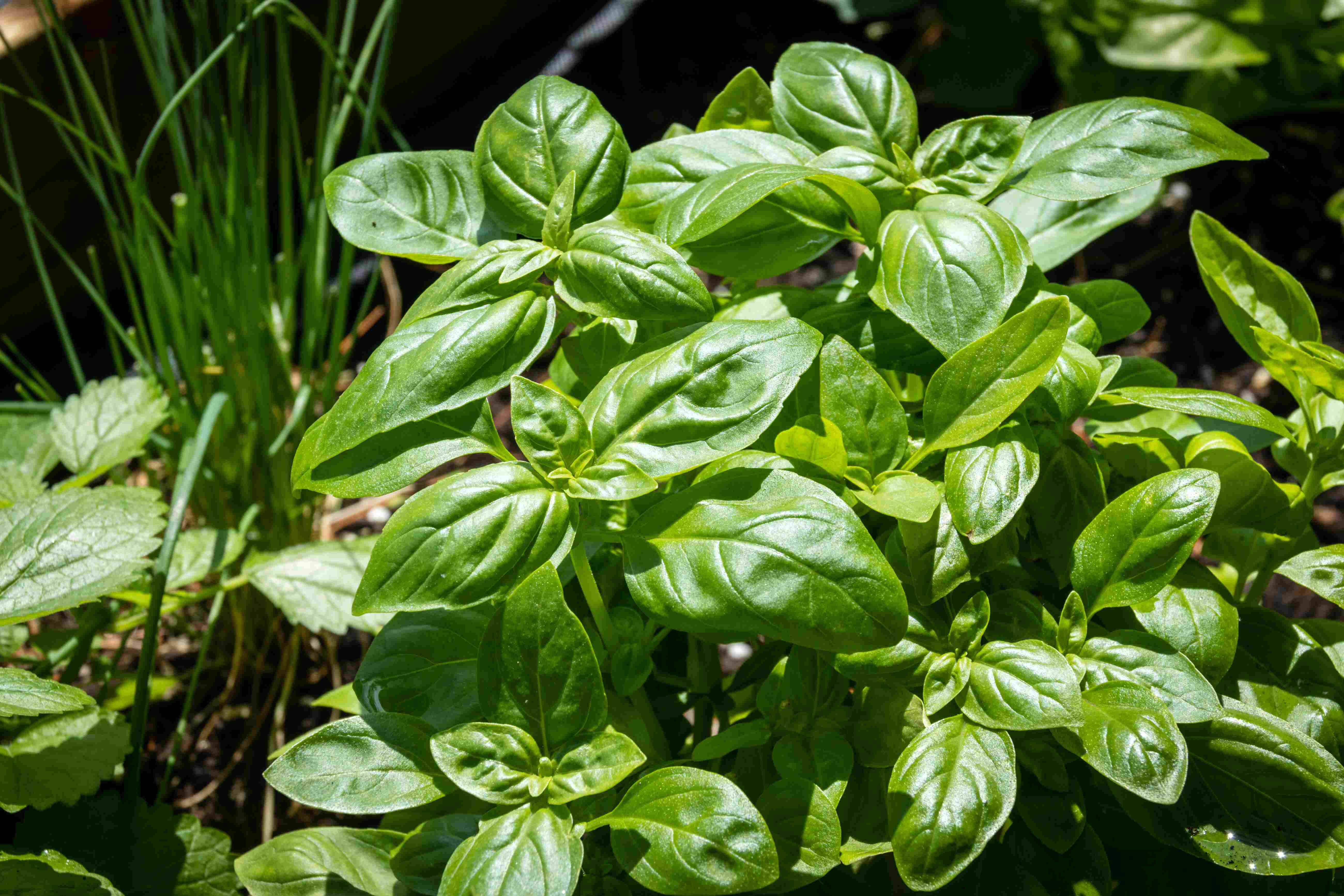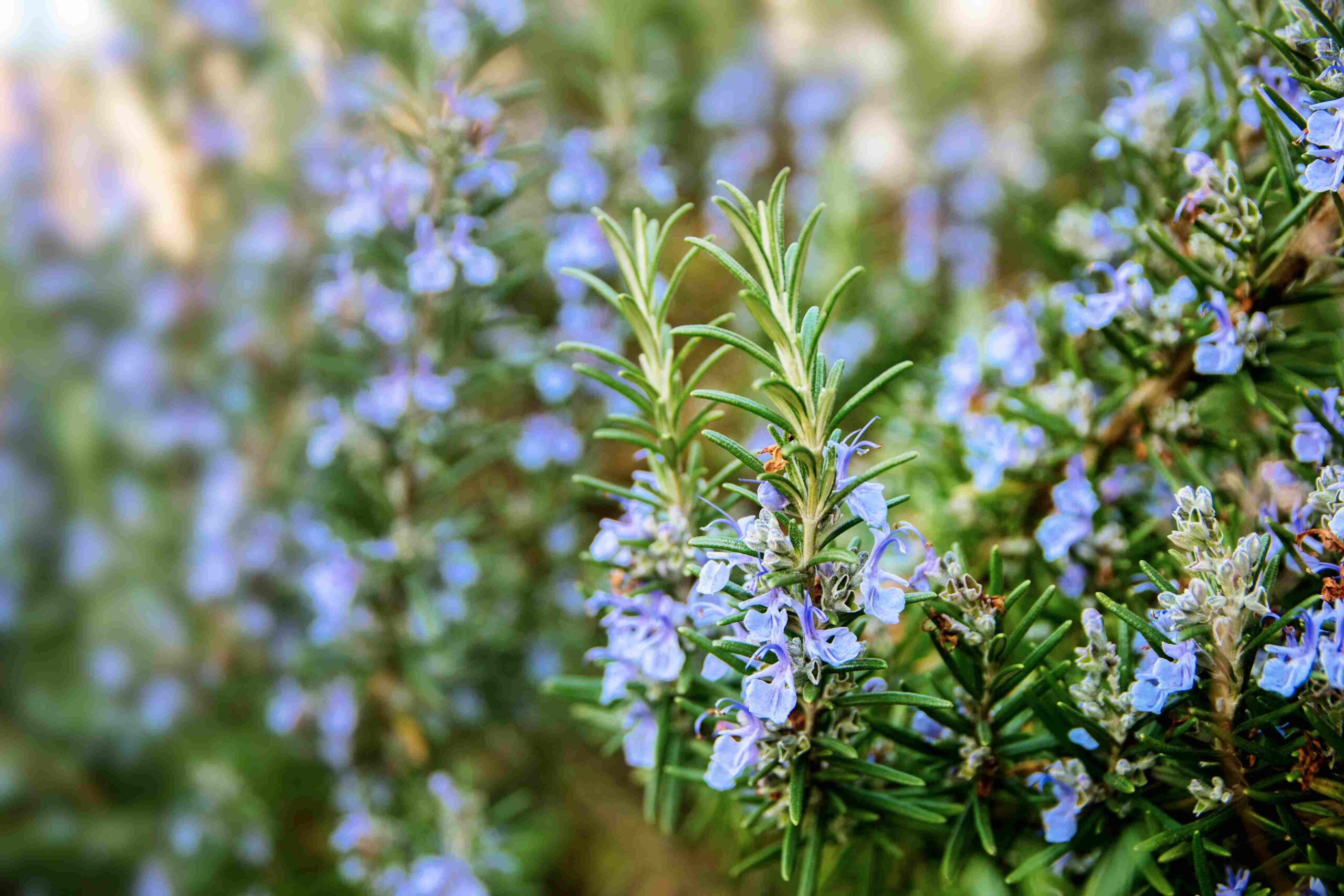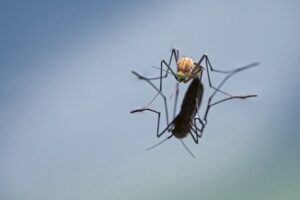Plants that Repel Mosquitoes in Florida
Florida’s hot and humid climate provides the perfect breeding ground for mosquitoes. However, nature offers a solution to this problem: mosquito-repellant plants!
There are certain plants proven to repel mosquitoes in Florida that have a hardiness worthy of such sunny environments.
Why do Certain Plants Act as a Mosquito Repellant?
Mosquitoes have a unique sense of smell. They are typically seeking out the scent of water – whether that’s a birdbath, human sweat, or other standing water sources. Certain plants will deter mosquitoes from seeking out these potential water sources because their scent overwhelms mosquitoes’ sensory hairs.
Native Floridian Plants That Repel Mosquitoes in Florida
Beautyberry (Callicarpa americana)
This native Floridian shrub is not only beautiful but also a potent mosquito repellent. The leaves & berries – when crushed, release a scent that naturally repels mosquitoes. Indigenous North Americans have used Beautyberry in the past as an insect repellant. Beautyberry bushes typically grow to 4-5 feet in height/width and show the full swing of their berries between Fall and Winter.
Beautyberries also provide a food source for many birds like mockingbirds, robins, and cardinals. Believe it or not, you can also turn these berries into wine, jelly, or sauce when cooked properly.
Hardiness: Zones 7-11
Planting/Growing: Beautyberry thrives in full sun or partial shade and well-drained soil. They can handle dry conditions once established. Prune in early spring to maintain size and shape.
Non-Native (to Florida) Plants That Repel Mosquitoes
Citronella (Cymbopogon nardus or Cymbopogon winterianus)
Most commonly found in mosquito-repellent candles, Citronella is a non-native plant that can effectively keep mosquitoes at bay. The oils from Citronella are the plant’s secret weapon against mosquitoes. This aromatic plant comes in more than one variety, but the tall grassy version is the most common.
Hardiness: Zones 10-11
Planting/Growing: Citronella is very easy to grow, it prefers full sun and well-drained soil. It’s a large clumping grass, so give it space to grow with at least 18-24 inches of space between seeds.
Marigolds (Tagetes)

The scent of Marigolds is not favorable to mosquitoes, making them a popular plant for mosquito control. They’re also proven to repel other pests like nematodes, tomato worms, white flies and squash bugs. Plus, marigolds sprout really attractive & colorful flowers.
Hardiness: Zones 2-11
Planting/Growing: Marigolds prefer full sun and well-drained soil. They’re easy to grow in hot climates, even from seeds, and make excellent border plants.
Lavender (Lavandula)

While humans enjoy the aroma of lavender, mosquitoes do not. The plant’s essential oils and natural scent are a great mosquito repellent. This well-respected plant also has medicinal value through its antiseptic properties, making Lavender a worthwhile addition to your home or garden. It’s also worth noting that Lavender is thick with nectar, attracting pollinators like bees.
Hardiness: Zones 5-9
Planting/Growing: Lavender prefers full sun and well-drained/slightly alkaline soil. It requires good air circulation and doesn’t do well in high humidity.
Lemon Balm (Melissa officinalis)

Also known as horsemint, lemon balm is a member of the mint family and is highly effective at repelling pesky Florida mosquitoes. Lemon Balm is also completely edible. This plant is known for its calming properties – often used in teas to treat anxiety, increase appetite, and even help with sleep. Be cautious, though, as it can become invasive.
Hardiness: Zones 3-7
Planting/Growing: Lemon balm prefers full sun or partial shade and well-drained soil. Many experts recommend first germinating lemon balm seeds inside in partial sun before placing outside once sprouted. To prevent it from spreading, consider planting it in a pot.
Catnip (Nepeta cataria)

While cats may love this plant, mosquitoes decidedly do not. In fact, American Chemical Society conducted a study that concluded catnip is “about ten times more effective at repelling mosquitoes than DEET.” Catnip not only repels mosquitoes, but other insects like deer ticks, cockroaches, flies, and termites.
Fun Fact about Catnip: The chemical in Catnip that makes cats “high” is called Nepetalactone.
Hardiness: Zones 3-9
Planting/Growing: Catnip thrives in full sun or partial shade and well-drained soil. It’s a hearty plant that can withstand drought conditions once established. Catnip typically flowers around Summer time for 1-2 months. This plant can grow to 3 feet in height/width in proper conditions. Lastly, Catnip can also form colonies depending on conditions.
Basil (Ocimum basilicum)

Known for its culinary uses, basil is also an excellent mosquito repellent. Its strong scent is proven to keep pests away. Basil is a great dual-purpose plant for inside your home and in your yard or garden, on top of being a delicious herb!
Hardiness: Zones 10-11
Planting/Growing: Basil prefers full sun and well-drained soil. It’s best to plant basil after the last spring frost date. It’s also recommended to prune basil to above the second set of leaves once it has 6-8 leaves.
Peppermint (Mentha piperita)

The strong scent of peppermint is disliked by mosquitoes. Since mosquitos have a very unique sense of smell, the strong aroma of peppermint is a valuable deterrent. Bonus: if you happen to get bitten, rubbing a peppermint leaf on the bite can help soothe the itch!
Hardiness: Zones 3-11
Planting/Growing: Peppermint prefers full sun or partial shade. Keep the soil moist, and water the soil each time the top inch becomes dry. Be careful, as it can spread quickly if not contained.
Rosemary (Rosmarinus officinalis)

This popular culinary herb is also effective in repelling mosquitoes. Rosemary is actually a part of the mint family, which logically deters mosquitoes due to its mild to strong scent. Plus, it’s a beautiful addition to any garden. Rosemary also keeps carrot flies and cabbage moths away.
Hardiness: Zones 8-10
Planting/Growing: Rosemary prefers full sun and well-drained soil. It’s drought-tolerant and prefers a drier climate. When planting rosemary seeds, place the seeds just underneath the soil, and once established, make sure you have at least 2 feet between rosemary shrubs.
Scented Geraniums (Pelargonium)

Scented Geraniums have flowers and leaves with a scent just like citronella grasses. These plants are known to throw mosquitoes off the scent of human sweat or standing water. Making them a great addition to your backyard or around your pool area, as chlorine pools are still susceptible to mosquitoes.
It’s important to plant them in areas where you will likely brush against them such as a walkway, because the plant’s leaves/flowers release their scent upon touch.
There are different types of scented geraniums, each with different-sized flowers and varying scent profiles. Some of the more common scent profiles include lemon, mint, apple, chocolate, and cinnamon.
Hardiness: Zones 10-11
Planting/Growing: Scented Geraniums do great in warm/sunny environments, which is perfect for the Floridian climate. Their soil should be well-drained and not too rich, and once established, there is no need to water them beyond natural rainwater unless you’re in a drought.
Society Garlic (Tulbaghia violacea)

Society Garlic derives its name from its garlic-scented leaves and is known to be a mosquito-repelling plant. The strong aroma, which is intensified when the leaves are crushed or disturbed, is unpleasant to mosquitoes. Society garlic is also edible, making it another great dual-purpose plant.
There are 3 common types of society garlic, each with its own distinct appearance: Silver Lace, Variegated, and tri-color.
Hardiness: Zones 8-10
Planting/Growing: Society Garlic is very hardy. It prefers well-drained soil and full sun. They can grow in partial shade, but won’t grow as uniform and compact.
Other Plants that Have Mosquito-Repellant Properties
- Ageratum (Zones 9 – 10)
- Eucalyptus (Zones 8 – 11)
- Pennyroyal (Zones 6 – 9)
- Lantana Camara (Zones 7 – 11)
- Lemon Thyme (Zones 5 – 9)
- Sage (Zones 5-8)
Conclusion
While these plants have mosquito-repelling properties, they work best when their oils are released. This can be done by crushing or even just physical contact with the leaves, berries, flowers, or stems.
Also, remember that these plants work best as a first line of defense, but they can’t entirely eliminate mosquitoes. It’s essential to eliminate standing water, avoid lighting that attracts mosquitoes, and other breeding grounds for mosquitoes around your home in order to best repel mosquitoes.
Strategically planting these mosquito-repelling plants can help you enjoy your Florida home & yard more comfortably. Plus, many of these plants serve dual purposes—providing beautiful blooms, attracting beneficial insects, and offering culinary uses. Happy planting!


